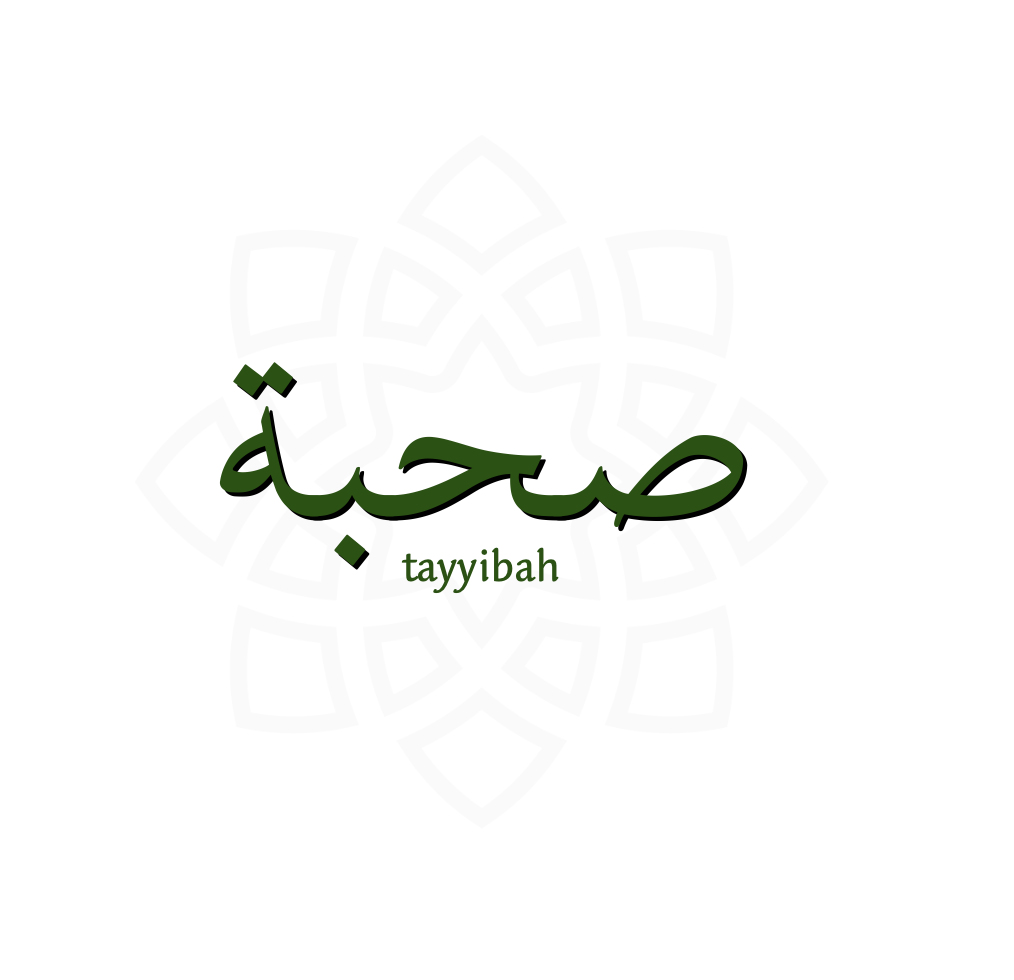Divine Names and Ethical Transformation in Islam
Author: Dr. Imam Sherif Ahmed
Divine Names and Ethical Transformation in Islam
In Islamic thought, the Divine Names and Attributes, whether revealed in the Quran or the Prophetic traditions, carry profound ethical and spiritual significance. They are not merely theological concepts but serve as essential guides for moral development and personal refinement. Classical and contemporary scholars emphasize that reflecting on Allah’s Names and Attributes shapes ethical conduct, promotes self-improvement, and helps believers navigate life’s challenges with resilience.
The Ethical Power of Divine Names
The Quran and Prophetic traditions present Allah’s Names as more than descriptors—they are pathways to moral growth. Each Name encapsulates an aspect of the Divine reality, offering believers a model to emulate within human limits. Ibn Arabi, in Fusus al-Hikam (The Bezels of Wisdom), highlights the Name al-Quddus (“the Most Holy”) as central to sanctification. This Name reflects Allah’s absolute purity, freedom from imperfection, and transcendence, calling humans to strive for ethical and spiritual refinement (Ibn Arabi, Fusus al-Hikam).
The story of the Prophet Muhammad’s (peace be upon him) first revelation illustrates this principle. Upon encountering the Angel Jibril, the Prophet returned to Khadija (RA), who sought counsel from Waraqa ibn Nawfal. Waraqa affirmed the sacred nature of the event, invoking al-Quddus. The alignment between Ibn Arabi’s mystical reflection and this early affirmation demonstrates that Divine Names serve as both spiritual and ethical guides.
Divine Names as Models for Human Conduct
While humans can never achieve absolute divine perfection, engaging with the Divine Names provides ethical direction. They inspire self-discipline, moral vigilance, and integrity in daily life. The Quran encourages balance and moderation, emphasizing that humans are neither purely angelic nor purely animalistic:
“You who believe, uphold justice and bear witness to God, even if it is against yourselves, your parents, or your close relatives... Refrain from following your own desire, so that you can act justly.” (Surah An-Nisa 4:135)
Reflecting on Names like Al-Rahman (The Most Merciful), Al-Raheem (The Most Compassionate), and Al-Adl (The Just) provides a practical framework for ethical living. They guide believers to embody mercy, compassion, and justice in personal and societal interactions.
Conversely, reflecting on Names such as Al-Ghafour (The Most Forgiving) and Al-Muntaqim (The Avenger), or Al-Mutakabbir (The Supreme) and Al-Qahhar (The All-Prevailing), cultivates a balance between hope and fear, humility and awareness of human limitations. These reflections prevent overconfidence and encourage moral vigilance while fostering reliance on divine guidance.
Spiritual Elevation Through the Divine Names
Ibn Arabi distinguishes between two forms of elevation: one of place and one of rank. Allah’s Name Al-Aliyy (The Most High) signifies His exalted essence and absolute perfection, hidden from perception not by deficiency but by transcendence. Similarly, Abu Al-Qasim Ibn Qasi emphasizes that each Divine Name encompasses and is qualified by the others. Together, the Names form an interwoven framework of divine perfection, offering a holistic model for ethical and spiritual striving (Abu Al-Qasim Ibn Qasi, The Removal of the Sandals).
Imam Al-Ghazali (d. 505 AH) further stresses that engagement with the 99 Beautiful Names is a spiritual obligation, not an intellectual exercise. Believers are encouraged to memorize, reflect, and embody these Names, allowing them to shape thoughts, actions, and relationships. This approach transforms worship and devotion into a moral journey, where spiritual growth and ethical behavior are inseparable.
Balance, Moderation, and the “Middle Nation”
The Quran describes the Muslim community as a “middle nation” (Ummatan Wasatan) characterized by balance, moderation, and justice (Surah Al-Baqarah 2:143). Islam encourages believers to avoid extremes in thought and action. Reflecting on the Divine Names fosters this balance, enabling humans to navigate the tension between base desires and higher aspirations, and to pursue justice and mercy in an imperfect world.
Conclusion
The Divine Names of Allah are more than theological concepts; they are practical tools for ethical and spiritual refinement. By reflecting on, memorizing, and striving to embody these Names, believers cultivate virtues such as mercy, justice, humility, and compassion. While humans cannot attain divine perfection, intention, effort, and persistence in emulating these attributes define righteousness. The Names provide a roadmap for moral behavior, ethical balance, and spiritual growth, guiding believers toward the ultimate goal of reflecting divine light in character, action, and society.
References:
Quran, Surah Al-Baqarah 2:143; Surah An-Nisa 4:135
Ibn Arabi, Fusus al-Hikam
Abu Al-Qasim Ibn Qasi, The Removal of the Sandals
Imam Al-Ghazali, The Ninety-Nine Beautiful Names of God

